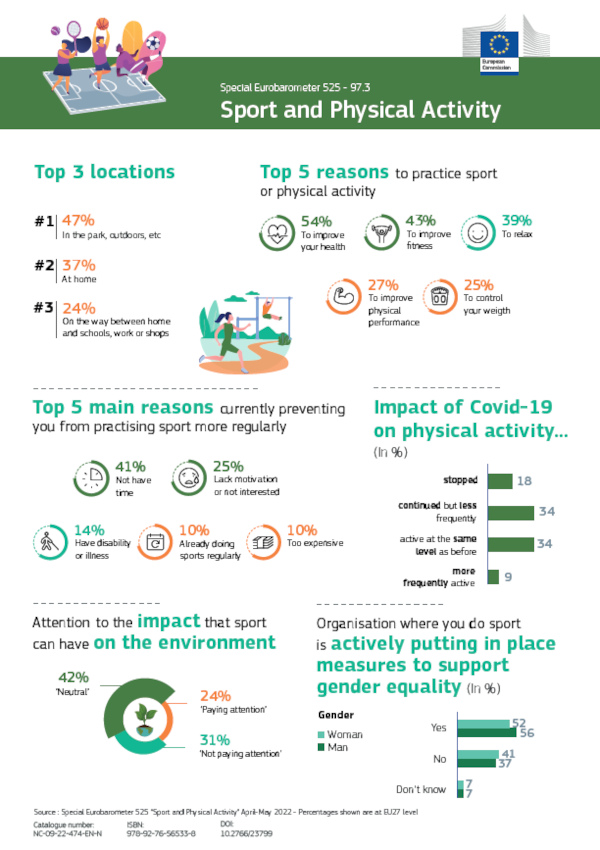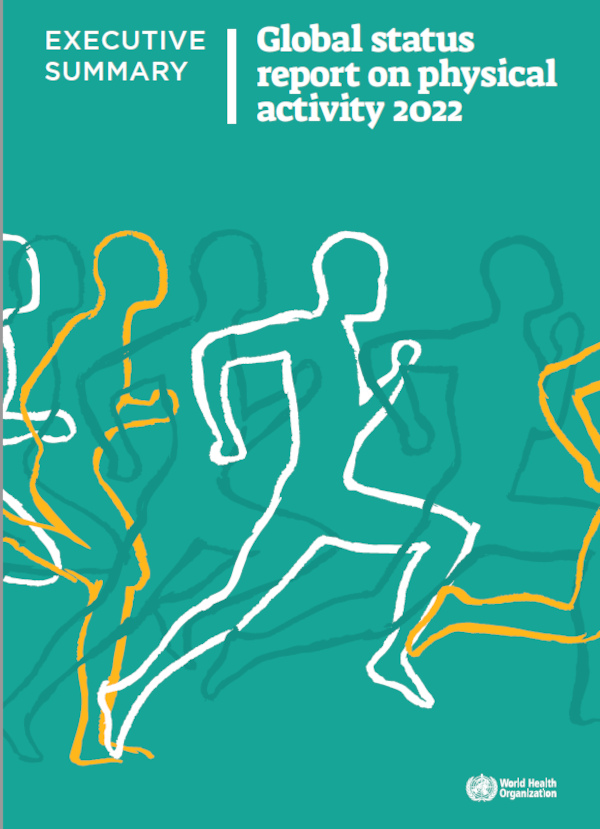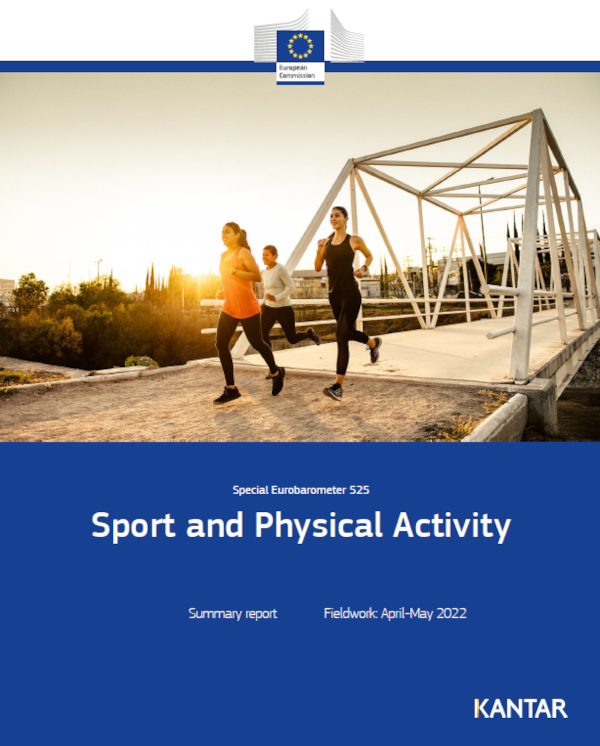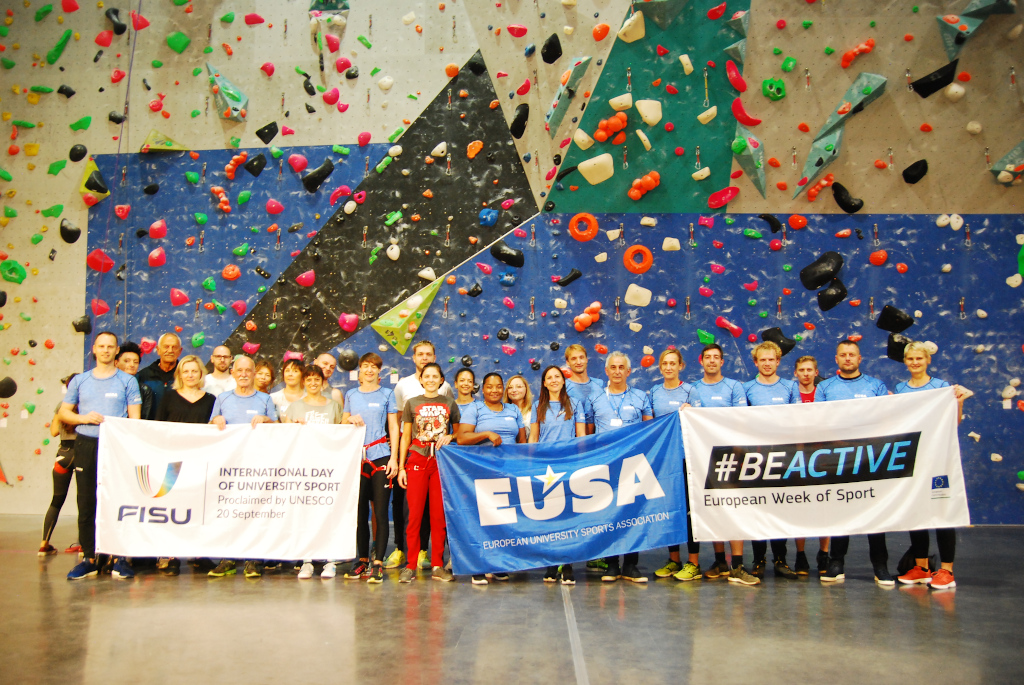2022 update on the importance of physical activity by WHO and EU

The Global status report on physical activity 2022, published today by the World Health Organization (WHO), measures the extent to which governments are implementing recommendations to increase physical activity across all ages and abilities.
WHO data from 194 countries shows that overall, progress is slow and that countries need to accelerate the development and implementation of policies to increase levels of physical activity and thereby prevent disease and reduce burden on already overwhelmed health care systems.
Last month, the European Commission published the fifth Eurobarometer dedicated to sport and physical activity. The survey shows that 38% of Europeans play sport or exercise at least once a week or more, while 17% exercise less than once a week. Up to 45% of Europeans currently never exercise or partake in physical activity. The survey also revealed that during COVID-19 pandemic, half of Europeans reduced their activity levels or even stopped altogether.
Regular physical activity promotes both mental and physical health. It is beneficial for people of all ages and abilities, and it is never too late to start being more active and less sedentary to improve health. According to the latest WHO report, 81% of adolescents and 27.5% of adults currently do not meet WHO’s recommended levels of physical activity and this affects not only individuals over their life span and also their families, but health services and society as a whole.
Respondents of the Eurobarometer aged 15-24 years are the most likely to exercise or play sport with some regularity (54%). This proportion decreases with age, down from 42% among 25-39 year-olds to 32% in the group aged 40-54 and 21% among those aged 55 and over. Overall, the Eurobarometer shows that respondents who engage regularly in physical activity for recreational or non-sport-related reasons do not form a majority in any EU Member State. According to the respondents, the main barrier to be active is a lack of time followed by a lack of motivation, or simply no interest in sport.
We at the European University Sports Association (EUSA) believe that physical activity is an important part of life, and special focus should be given to increase awareness of the importance of sport and physical activity on one side, and at the same time offer opportunities for diverse activities. EUSA is a partner of the European Commission for the European Week of Sport with the #BeActive and #HealthyLifestyle4All campaigns, as well as of the International University Sports Federation (FISU) for the International Day of University Sport and the #LetsIDUS campaign.
EUSA regularly carries out promotional activities, and organises European Universities Championships, European Universities Games and other sports and educational events directly linked to sport. Our representatives regularly attend educational events and contribute to the common efforts for healthier lifestyles across the continent and beyond.
Please see the resources available as part of the Eurobarometer 525 – Sport and Physical Activity and the Global status report on physical activity 2022.
